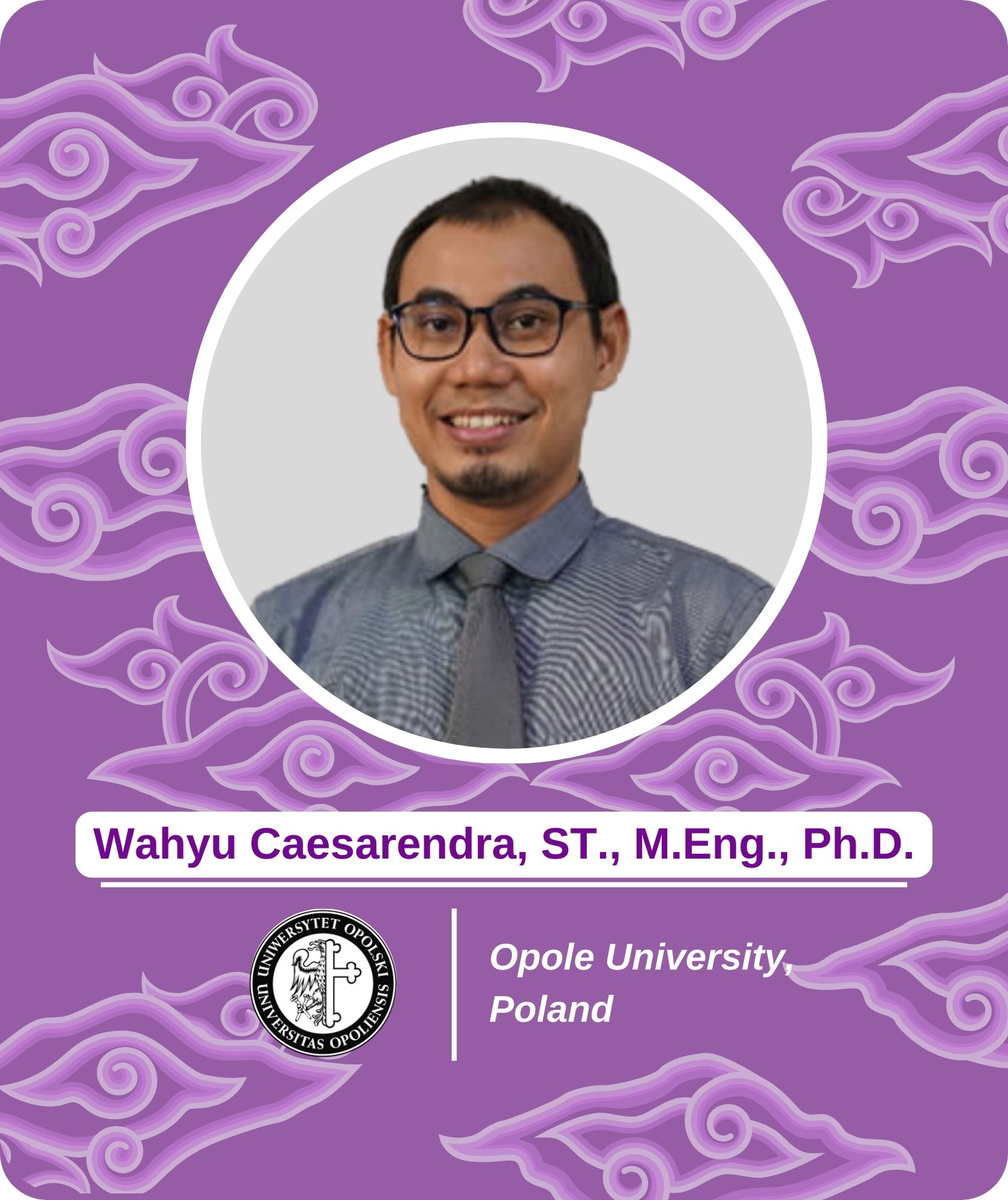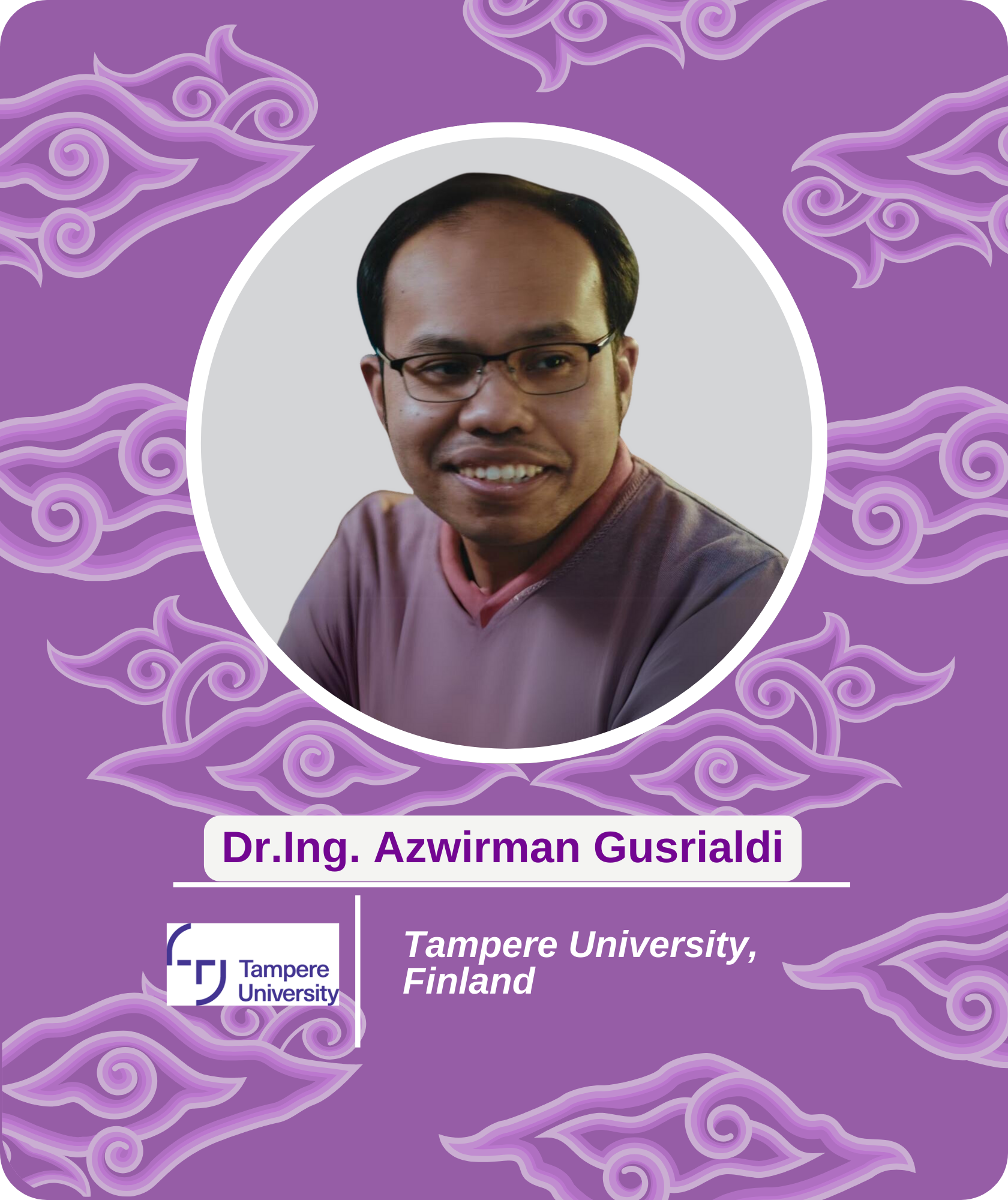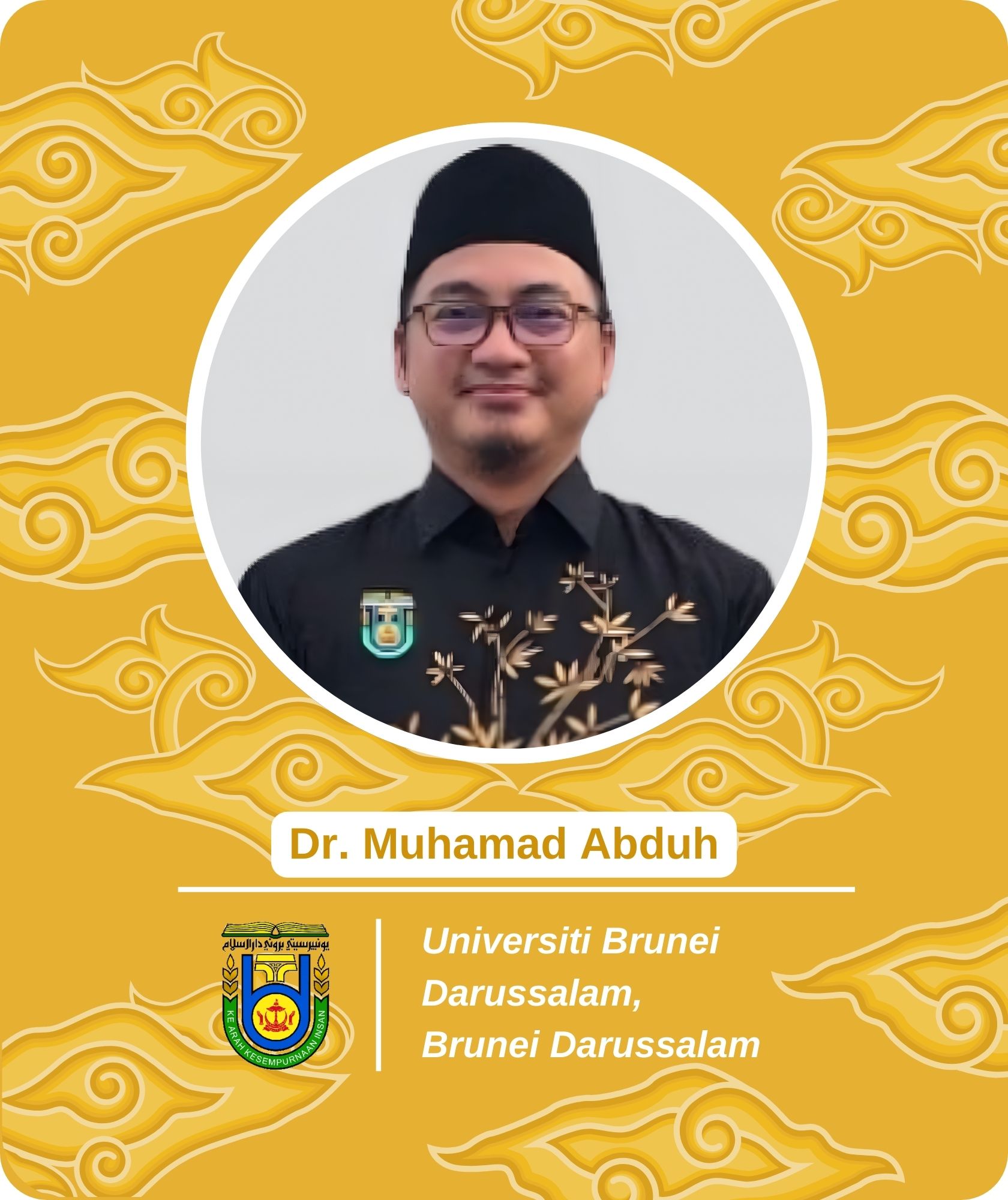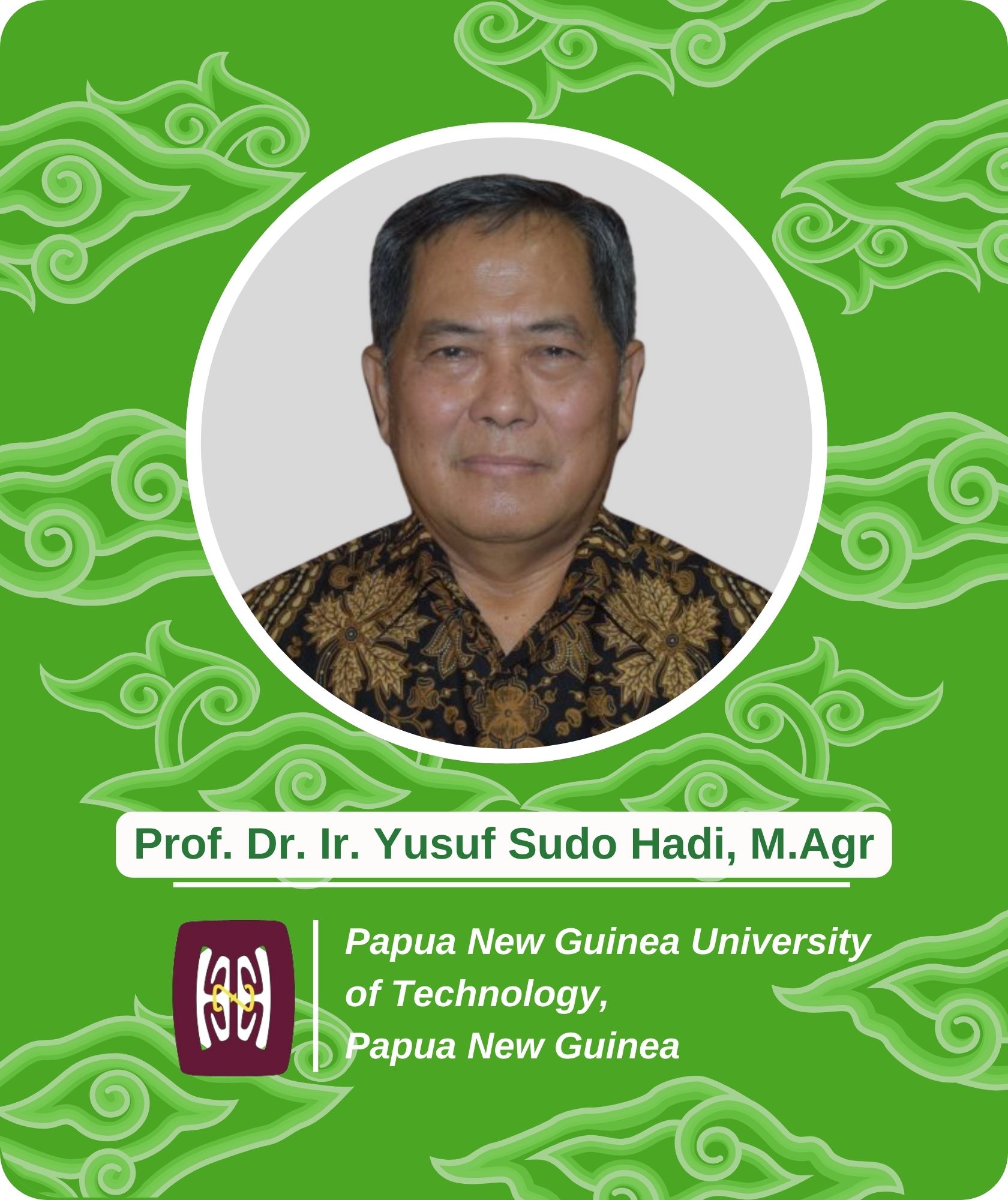Social dynamics, economic vulnerability, and community welfare in the Buffer Zone of Indonesia’s New Capital (IKN), East Kalimantan
Keywords:
coastal and non-coastal areas, economic vulnerability, human index development, social welfareAbstract
The North Penajam Paser Regency in East Kalimantan Province has been selected as the new capital city of Indonesia, known as the Capital City of the Archipelago (IKN). This development significantly impacts the local community, particularly those residing in the buffer zone of the new capital. This study aims to assess the Human Development Index (HDI) and the welfare of coastal and non-coastal communities within the IKN buffer zone. Using census sampling, the study involved 5,353 families from eight villages in the buffer zone, comprised of coastal and non-coastal areas. Findings revealed that the HDI was generally low across the study areas, with only two regions displaying modest HDI scores, indicating that the population remains underprivileged. This research contributes to the social humanities field by providing insights into the welfare of communities affected by the establishment of the new capital. This area has been relatively underexplored in existing literature.




















